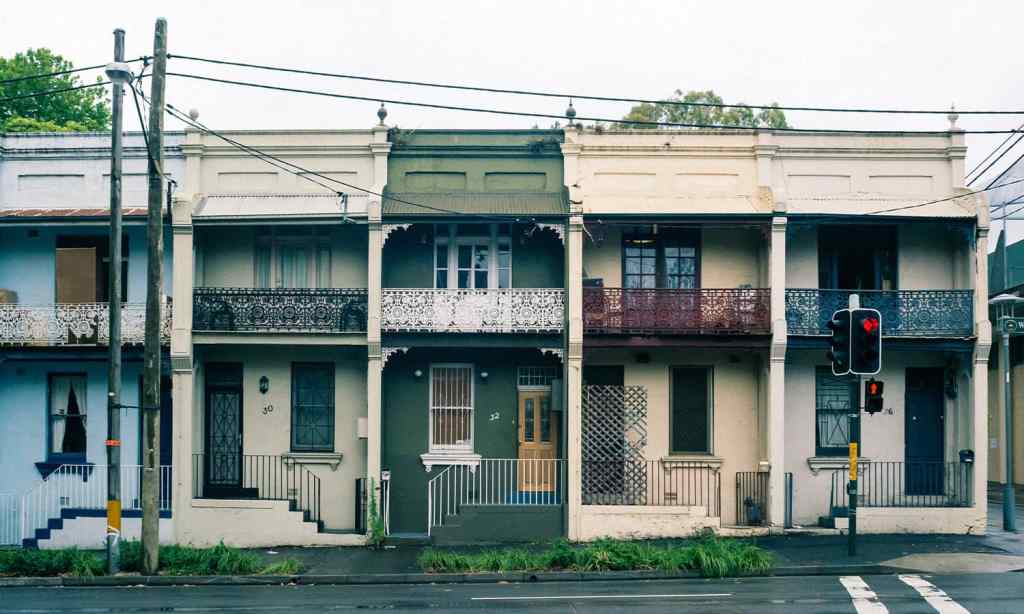House prices have fallen nationally for the first time since September 2020, according to new data from CoreLogic and REA’s PropTrack.
Granted, it’s a drop of just 0.1% on average, but it’s enough to set homeowners on edge.
Rising interest rates, an increase in supply, and a gloomy international outlook have all been pinned as leading factors in the decline.
Sydney, which has seen record house price growth over the past few years, saw the biggest drop in overall value with a decline of 1% while Melbourne, which has seen similar growth, dropped by 0.7%, according to CoreLogic’s Home Value Index.
PropTrack estimated that both cities saw declines of 0.3% while both recorded a 0.1% drop in Canberra.
Other major cities however still appear to be on the rise, with Adelaide recording the biggest spike at 1.8%, Brisbane growing at 0.8%, Perth at 0.6%, and Darwin at 0.5%.
CoreLogic Research Director Tim Lawless said that most markets are expected to move into a period of decline as the RBA raises interest rates over the next year or so. This is a move designed to decrease demand in markets, thereby lowering inflation, and it appears to already be having an impact on the housing market.
“With the RBA set to steadily raise the cash rate through the rest of the year and into 2023, we are likely to see falls in housing values become more widespread as mortgage rates trend higher,” he said.
House prices in Australia peaked in May of 2021, during the pandemic, with Lawless explaining that the market is very different to where it was a year ago.
“Since then, housing has been getting more unaffordable, households have become increasingly sensitive to higher interest rates as debt levels increased, savings have reduced and lending conditions have tightened,”
“Now we are also seeing high inflation and a higher cost of debt flowing through to less housing demand.”
What Lower House Prices Mean for Homeowners
The impact of lower house prices on homeowners is not necessarily one that will have a direct effect. Rather, it’s broader market trends that are going to impact the budgets of those who own property.
House prices are lowering, or expected to drop, because of higher interest rates. These rates, passed on by the banks to mortgage-holders, mean that owning a home is going to become more of a financial burden as mortgages increase.
In addition, the value of the house overall could, potentially, drop. This would mean homeowners with a mortgage will be paying above-market rates for a home that is now worth less. This is what economists call being ‘underwater’ and it could result in homeowners taking a financial loss when it comes time to sell their property.
If you’re planning to hold your asset for the long term, this shouldn’t be too much of an issue. There is a theory called the 18-year cycle, that house prices typically go through 14 years of growth, followed by 5 years of decline. This should give some guidance as to what to expect, although this is definitely more of a theory than a rule. Those who are investing in property in the short term may not be able to make the profits that they had expected during this period.
After the GFC, house prices in Australia took around 18 months to recover. RBA analysts predict that house prices in major metropolitan areas could see declines of between 10 and 15% over the next two years which could then take many more years to recover from. These declines are thought to be felt the most in areas where house prices have soared over the past few years, with shallower dips being experienced in more regional and suburban areas.
What Lower House Prices Mean for Buyers
If you’re looking to get onto the property market or snap up another investment property, lower house prices — on paper — could make the coming months and years a much easier time to acquire a house.
House prices are falling, in part, because the market has less demand. Therefore, you could be much less likely to be outbid at auction and have more power when it comes to making a deal.
As those looking to buy won’t have to deal with rising mortgage payments as a result of interest rate rises, they may also be in a stronger financial position to spend more on property. However, other day-to-day costs, including rent and the rising cost of living, could bite into savings, making budgeting even more important.
Getting a mortgage now could also prove more expensive, as banks are gearing up to weather the storm by raising repayment levels. Getting onto an up-front cheaper fixed-term mortgage could mean paying higher costs down the line once inflation eases up.
Not all areas are likely to see a fall in house prices either, as supply still outstrips demand in regional areas. The knock-on effect of the tree-change shift during the pandemic has driven up regional house prices and these areas could very well remain largely unaffected by overall downward trends.
Read more stories from The Latch and subscribe to our email newsletter.







